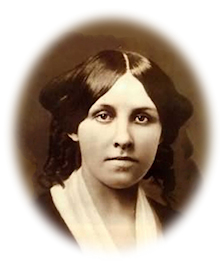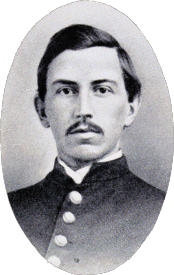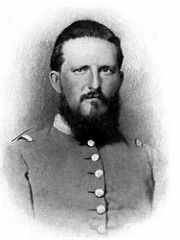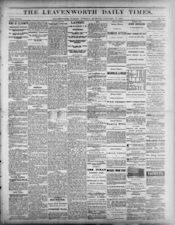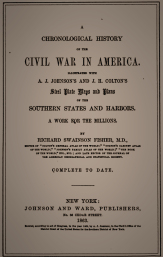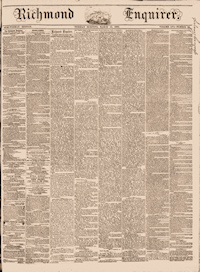–Several delegations of citizens of Maryland waited upon President Lincoln, to endeavor to procure some countermand of the order for troops to march to Washington. One delegation of thirty, from five “Young Men’s Christian Associations” of Baltimore, had a prolonged interview, but made no impression upon him.–N. Y. Times, April 25.
–Gov. Hicks presented to the President a communication again urging the withdrawal of troops from Maryland, a cessation of hostilities, and a reference of the national dispute to the arbitrament of Lord Lyons. To this the Secretary of State replied, that the troops were only called out to suppress insurrection, and must come through Maryland, as that was the route chosen for them by the Commander-in-Chief, and that our troubles could not be “referred to any foreign arbitrament.”–(Doc. 84.)
–A meeting was held in Clarksburg, Harrison county, Virginia. Resolutions were adopted censuring severely the course pursued by Governor Letcher and the Eastern Virginians. Eleven delegates were appointed to meet delegates from other northwestern counties, to meet at Wheeling, May 13th, to determine what course should be pursued in the present emergency. Reports thus far received speak encouragingly of the Union sentiment in Western Virginia.–National Intelligencer, April 29.
–The Twenty-fifth Regiment of New York Militia arrived at New York from Albany. The regiment numbers over five hundred men, and is commanded ‘by Colonel M. K. Bryan.–N. Y. Tribune, April 23.
–A meeting was held at Palace Garden, in New York, for the purpose of organizing a “Home Guard” of men over 45 years. The following Committee was appointed to carry out the objects of the meeting: Major A. M. Bininger, Col. Charles B. Tappen, Col. Burr Wakeman, Samuel Hotaling, Esq., and Judge Edmonds. Upwards of 300 names were enrolled.–N. Y. Tribune, April 25.
–The Baltimore American of this day contains a recapitulation of the killed and wounded during the riot that occurred at Baltimore on the 19th April.–(Doc. 85.)
–An embargo upon “provisions of any kind,” and upon steamboats, was declared by the Mayor and Police Board of Baltimore.–(Doc. 86.)
–The Charleston Mercury of to-day, in an article headed “President Lincoln a Usurper,” concludes that he will “deplore the `higher-law’ depravity which has governed his counsels. Seeking the sword, in spite of all moral or constitutional restraints and obligations, he may perish by the sword. He sleeps already with soldiers at his gate, and the grand reception-room of the White House is converted into quarters for troops from Kansas–border ruffians of Abolitiondom.”
–At Lexington, Ky., between two and three hundred Union men assembled, raised the Stars and Stripes, and expressed their determination to adhere to them to the last. Speeches were made by Messrs. Field, Crittenden, Codey, and others. The most unbounded enthusiasm prevailed, and the speakers were greeted with great applause.–Phila. Inquirer.
–A large and enthusiastic meeting of the residents of Chestnut Hill, Pa., and its vicinity, was held to “counsel together in the present alarming condition of the country, and take some steps to protect it from the assaults of traitors.”–Idem.
–Robt. E. Lee, late of the United States Army, was nominated by the Governor and unanimously confirmed by the Convention as “Commander of the military and naval forces Virginia.”–National Intelligencer, April 27.
–The Charleston Mercury of this day says that “the officers of the army and navy of the Confederate States, and captains sailing under letters of marque, will greatly oblige the proprietors of that paper by furnishing sketches and incidents of the expected conflict between our gallant soldiers and their enemies.
“When supplied exclusively, a liberal compensation will be allowed.”
–The United States Arsenal at Fayetteville, North Carolina, surrendered to the State authorities. It contains a large number of arms.
–Governor Ellis of North Carolina, called for 30,000 volunteers additional to the regular militia, and all the organized corps are under orders to be in readiness at a moment’s notice. –Boston Transcript, April 29.
–Information was received by Gov. Curtin that Lieut. Jennifer, late of the United States Army, stationed at Carlisle Barracks, Pa., had fled from that place. Gov. Curtin, by aid of the telegraph facilities in his possession, succeeded in having him arrested at Hanover, in York County, Pa. It is said that Jennifer has been communicating information to the rebels as to the exact condition of things at Carlisle, and of the movements of Gov. Curtin’s troops.–N. Y. Times, April 23.
–The N. Y. City Common Council passed an ordinance appropriating $1,000,000 for outfit and equipment and for the families of volunteers.
–Several hundred uniforms made for the Southern army were seized at 4 Dey street, N. Y. City.–Idem.
–Gen. Thomas Jones, under instructions received from Governor Rector, seized at Napoleon, Arkansas, a large quantity of Government military supplies, consisting of one hundred and forty thousand ball cartridges, one hundred Maynard rifles, two hundred cavalry saddles, and five hundred sabres.–Memphis Argus, April 25.
–A. H. Stephens, Vice-President of the Southern Confederacy, arrived at Richmond, Va. In the evening he was serenaded, and made a speech, in which he said, that if the Federal Administration made war upon Maryland, the whole South would rally to her aid.–(Doc. 87.)
–A meeting of the Bench and Bar of the city of New York, in view of the present crisis in the history of the country, was held at the Superior Court room, in that city. The judges and ex-judges of the different benches were present, and nearly every law firm in the city had its representative. Judge Daniel P. Ingraham presided; speeches were made, and patriotic resolutions were adopted.–(Doc. 88.)
–In the evening a large meeting of the citizens of Westchester, N. Y., was held in Morrisania.–N. Y. Tribune, April 23.
–Father Rafina, priest of the Montrose Avenue Catholic church, Williamsburg, N. Y., with his own hands raised the American flag upon the top of his church. The ceremony was witnessed by at least two thousand people, who greeted the glorious emblem with cheer after cheer as it waved majestically over the sacred edifice. The reverend father addressed the assemblage in a few appropriate remarks, which were received with marked enthusiasm.–Idem.
–Union meetings were held at Geneva and Adams, N. Y. At Geneva, speeches were made by Judge Folger and others, and a large sum of money was subscribed and guaranteed for the families of the volunteers. At Adams the utmost enthusiasm prevailed.–Albany Journal, April 24.
–The New York Seventh Regiment arrived at Annapolis, Md., and were joined there by the Eighth Massachusetts Regiment, with Gen. Butler in command.
An attack upon the School-ship Constitution was anticipated in Annapolis, and she was drawn out of the harbor.–N. Y. Times, April 25.
–Secretary Cameron, in an official letter, conveyed the thanks of the Federal Government to Major Anderson for his conduct at Fort Sumter, as follows
War Department,
Washington, April 22, 1861.
Major Robert Anderson, late Commanding Officer of Fort Sumpter:
My Dear Sir: I am directed by the President of the United States to communicate to you, and through you to the officers and men under your command at Forts Moultrie and Sumter, the approbation of the Government of your and their judicious and gallant conduct there; and to tender to you and them the thanks of the Government for the same.
I am, very respectfully,
………..Simon Cameron,
……………Secretary of War.
–National Intelligencer, April 24.
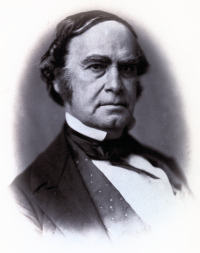
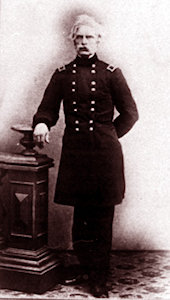
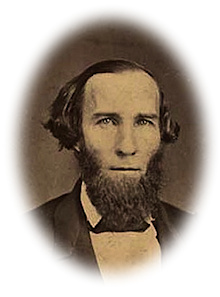

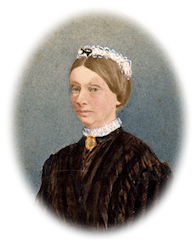


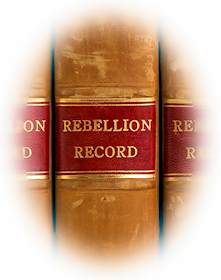
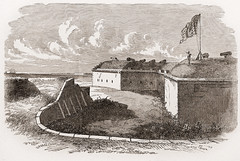
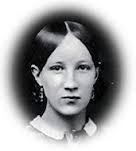
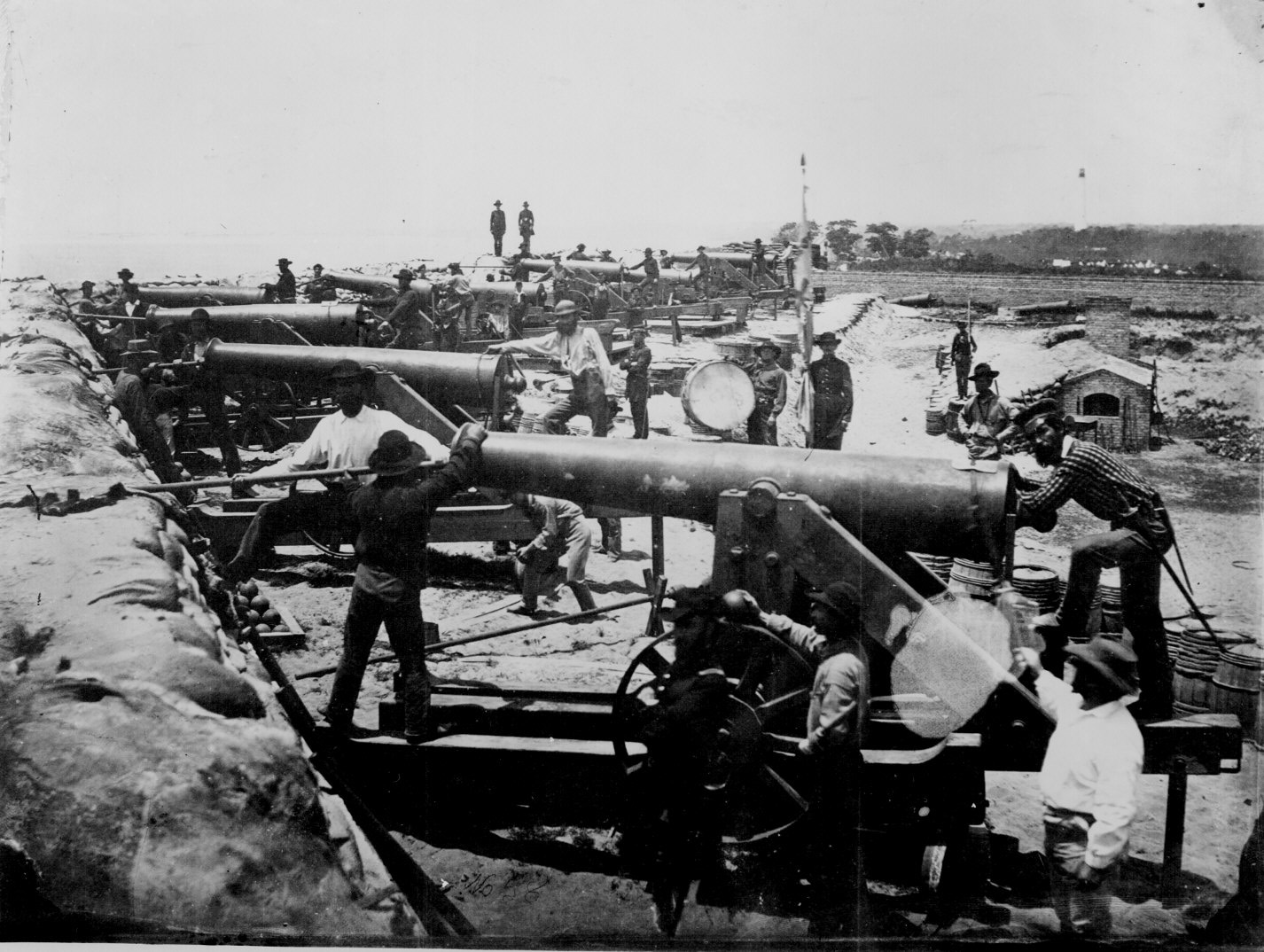
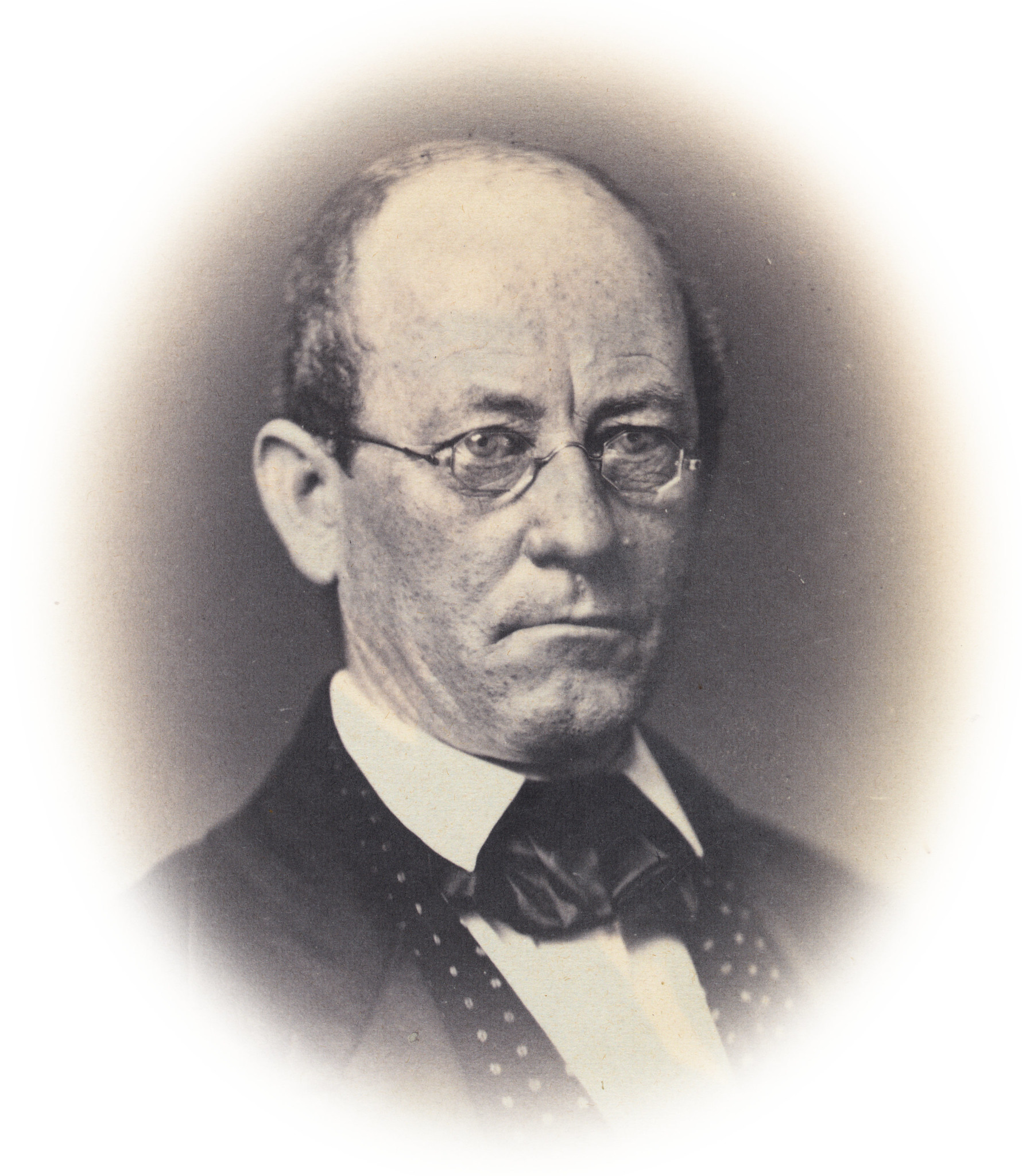
![Title: John Letcher, Representative from Virginia, Thirty-fifth Congress, half-length portrait] Title: John Letcher, Representative from Virginia, Thirty-fifth Congress, half-length portrait]](http://www.cw-chronicles.com/blog/wp-content/uploads/2021/04/John-Letcher-of-Virginia-1858-Cogress.jpg)

